
Olverembatinib appears effective in patients with CP-CML without T315I mutations following prior first-line tyrosine kinase inhibitor therapy.

Your AI-Trained Oncology Knowledge Connection!


Olverembatinib appears effective in patients with CP-CML without T315I mutations following prior first-line tyrosine kinase inhibitor therapy.

Addressing socioeconomic barriers may help ensure that all patients with AML can benefit from potentially curative therapies.

For patients with relapsed or refractory diffuse large B-cell lymphoma in the US, tafasitamab elicited promising real-world efficacy outcomes.

For patients with relapsed/refractory diffuse large b-cell lymphoma, meaningful efficacy outcomes were shown with FS118.

Responses with epcoritamab were comparable across the expansion and optimization cohorts in the EPCORE CLL-1 trial.

Bulkiness of disease did not appear to impact PFS outcomes with ibrutinib plus venetoclax in the phase 2 CAPTIVATE study.

Daratumumab plus VRd showed a deepened MRD and PFS rate for patients with transplant-ineligible or -deferred newly diagnosed multiple myeloma.

Findings from the SAVE study showed that an all-oral revumenib-based combination may improve responses in patients with acute myeloid leukemia with certain genetic alterations.
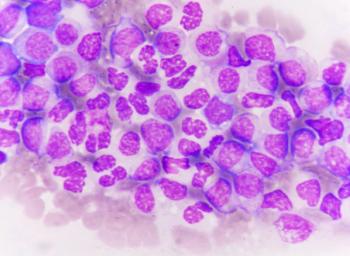
For patients with relapsed or refractory KMT2Ar acute leukemia, revumenib showed promising outcomes of overall response rate and duration of response.

Smoking may contribute to genetic mutations and disease progression in myelodysplastic syndromes, a recent study found.
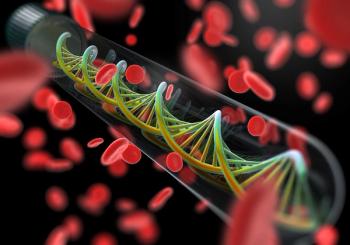
Blinatumomab plus chemotherapy may represent a new treatment standard for most patients with standard-risk B-ALL, says Rachel E. Rau, MD.

Bicistronic CD19/CD22 CAR T-cell therapy had improved safety, durability, and high remission rates in pediatric patients with R/R B-ALL.
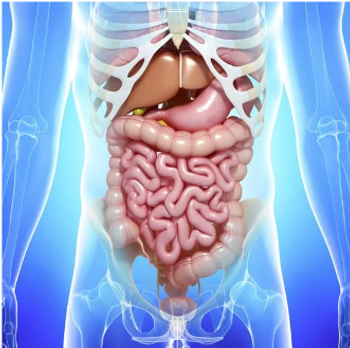
John Marshall, MD, discussed zolbetuximab, which the FDA recently approved for patients with CLDN18.2–positive locally advanced unresectable or metastatic HER2-negative gastric or GEJ adenocarcinoma.

Surgery followed by platinum-based chemotherapy may provide the most benefit for patients with ovarian cancer, according to a medical oncologist.

The FDA set a Prescription Drug User Fee act date in the second quarter of 2025 for durvalumab plus chemotherapy in muscle-invasive bladder cancer.

Zolbetuximab’s targeted action, combined with manageable adverse effects, positions it as a promising therapy for advanced gastric cancer.
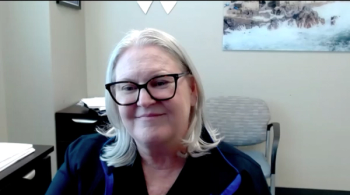
An intravenous infusion administered prior to surgery enables treatment to occur in a normal time frame without the need for additional procedural time.
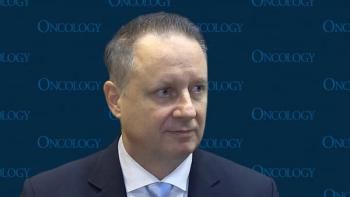
Optimal cancer survivorship care may entail collaboration between a treating oncologist and a cancer survivorship expert.
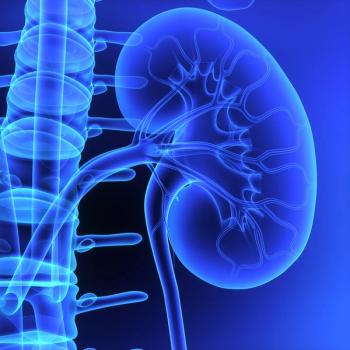
The launch of this pazopanib tablet formulation for patients with RCC or sarcoma is anticipated in the fourth quarter of 2025.

Nemvaleukin with and without pembrolizumab yielded promising anti-tumor activity and was well tolerated in patients with advanced solid tumors.

The FDA is expected to decide on approving glofitamab in relapsed or refractory diffuse large B-cell lymphoma by July 20, 2025.

These data support less restrictive clinical trial eligibility criteria for those with metastatic NSCLC. This is especially true regarding both targeted therapy and immunotherapy treatment regimens.

In an era where medical records are digitalized, artificial intelligence has the potential to identify patterns that can locate at-risk patients with pancreatic cancer.

Results from the phase 3 ADRIATIC trial led to the approval of durvalumab in limited-stage SCLC.

The rare nature of pancreatic cancer makes identifying it difficult, but progress towards earlier identification is being made, according to Brian M. Wolpin, MD, MPH.

Zenocutuzumab is now approved for patients with NRG1 fusion-positive NSCLC or pancreatic adenocarcinoma.

The relatively inexpensive nature of liquid biopsy may allow for more frequent screening among individuals who are at risk of developing pancreatic cancer.

For patients with EGFR-mutated non–small cell lung cancer, sacituzumab tirumotecan was given the breakthrough drug designation by the FDA.

Neil M. Iyengar, MD, highlights the biggest advances in oncology, and where he expects the field to move next.

There are certain markers that can point to a greater risk of pancreatic cancer like BRCA1/2, and diabetes, according to Brian M. Wolpin, MD.